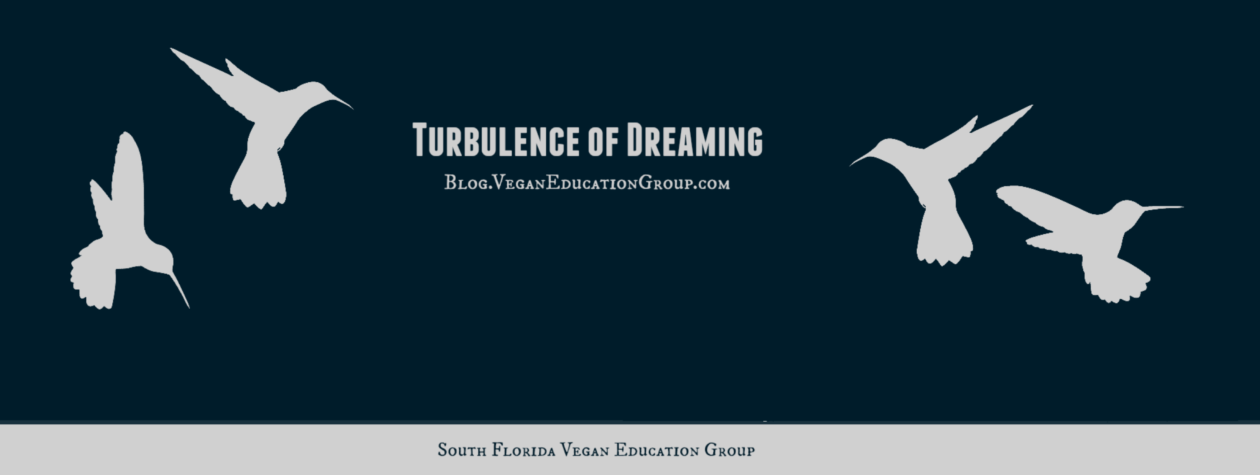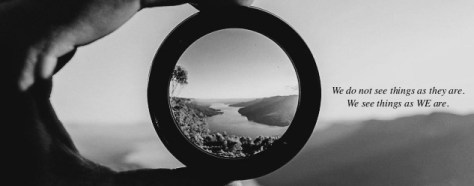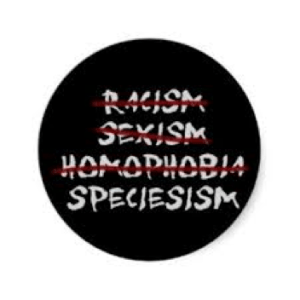
We Don’t Need Another Hero
My days of vegan hero worshipping and giving a shit about which celebrity will claim to be “vegan” for the next half hour or until it becomes too personally or financially inconvenient for them to continue living with integrity are loooooong over.
[I encourage all readers to click the blue links embedded in this essay and explore the information on those sites. Also, please read our Disclaimer regarding external sites, organizations, individuals, etc.]
I cringe each time I see people rush to gush over the latest “vegan” celebrity or public figure (“Ooooh, look! Beyonce’s eating a salad 😮!!!”, “This YouTube person nobody’d ever heard of before last week is gonna be live streaming their 22-month vegan juice fast challenge while doing goat yoga!”) because it quite often ends the same way – with an intentional, unrepentant and oftentimes very public return to living non-vegan and resuming their previous complicity in the morally unjustifiable oppression and killing of vulnerable non-human individuals for their personal gain. Whatever benefit there theoretically could be if someone “popular” actually influenced other non-vegans to start living vegan – which is often the rationalization used to justify all the adulation – is offset and negated by the selfish message contained in their morally conflicting actions once they return to a non-vegan life (“Do this, it’s really important… until it isn’t, then just go back to doing whatever you want because, hey, you do you. YOLO!!!”). Consider as well that many of these individuals fallaciously claim to be “vegan” after having merely adopted a plants-only diet – while continuing to benefit from animal exploitation through the clothing they wear/promote/sell and the products they use/promote/sell – and it becomes clear that this only serves to further the general public’s confusion about what veganism truly means, reducing an ethos of justice and nonviolence to little more than a collection of recipes and a way to score cool points.
Sadly, it is often the case that the large, mainstream, profit-driven animal welfare corporations, in an ironically predatory fashion, fall all over themselves to recruit the latest vegan celebrity and co-opt them into a spokesperson role, ostensibly to further whatever single-issue animal-related cause(s) the group happens to be promoting at the time. Whoever will fit best and attract the targeted demographic – and their checkbooks – is thrust into the spotlight and becomes the latest flavor of the month. In the end, this self-serving strategy is purely a clever marketing ploy designed to increase donations and profits for these multi-million dollar organizations.
For those who may be unaware of why organizations like PeTA, Mercy for Animals, Compassion Over Killing, H$U$, The Humane League, Vegan Outreach and the myriad similar animal welfare groups are problematic and intentionally avoid focusing on veganism or animal rights in any meaningful way, consider this excerpt from the article Making a Killing With Animal Welfare Reform from GentleWorld.org (and click the blue links above to read more):
“The partnership between animal welfare groups and industry to promote economically efficient animal exploitation is considered a ‘win-win-win’ not only for both sides of the partnership, but for consumers as well. Consumers are assured that they can be excused for their indulgences in the products of animal misery, due to these so-called ‘higher standards’ of welfare, and welfare groups win by receiving tens of millions of donation dollars annually for acting as the industry ‘regulators’ and the developers of these ridiculous labels.
But the biggest winners, by far, are the animal exploiters themselves, who not only receive consulting advice by ‘welfare experts’ and prominent animal activists, but are also given awards and special endorsement from advocacy groups. The payoff they receive in increased consumer confidence must have them laughing all the way to the bank. Meanwhile, the most basic rights of an increasing number of animals are still being sold out to fulfill the trivial desires of those who insist on consuming and using the products that come from their bodies.”
“Except in the most extreme situations, we always have a choice as to the direction we take.”
I used to be among those who believed that celebrity vegans were a positive force that, simply through the influence they have over their fans and followers, would help us move closer to the goal of dismantling speciesism and achieving the right for non-human individuals to no longer be treated as the property of humans… but then I would see them backslide, one after the other, offering excuse after excuse as to why it was “too hard” to stay vegan (excuses tend to include specious “health” issues, overwhelming cravings, general inconvenience) until I began to see just how counterproductive it all is. If these powerful and privileged public figures are teaching by example, the lesson seems to be that it’s acceptable to put one’s ethics aside when following them becomes an obstacle to personal benefit, even when that means engaging in behaviors that victimize others… and that is unacceptable.
Might As Well Jump… Off The Wagon
We’re frequently informed that so-and-so “fell off the vegan wagon” so let’s be clear – no one “falls off” any wagons. That passive and misleading phrase implies something happening by accident – or worse, that the oppressors themselves are somehow the victims of capricious fate. Except in the most extreme situations, we always have a choice as to the direction we take. Whether celebrity or commoner, when it comes to those who purport to be “vegan” but then resume engaging in, supporting and promoting animal exploitation , the reality is that a conscious decision is made and they jump off whatever wagon they’ve climbed on, fully aware that there are other choices they could be making, like the choice to be morally consistent and the choice to live with integrity.
Tragically, the trillions of vulnerable non-human individuals who are the innocent victims of said exploitation never have a choice, each having been forcibly bred into existence for the sole purpose of being used as a disposable, replaceable “thing” to satisfy some human desire before being discarded or having his/her remains flushed down a toilet. This is the ultimate objectification and subjugation of a sentient being and it is fundamentally unjust.
Rather than putting people on pedestals with only the slim hope that they’ve truly internalized the ethical message of veganism and will carry that message to others (as opposed to trying a plants-only diet and deciding it’s not for them after all), let’s focus our own energies on engaging in clear, consistent, unequiVOCAL grassroots vegan education advocacy to create the vegan world we all want!

Dismantle speciesism. Live vegan. Educate others.



































 Conversely, if you want people to take a firm stand against injustice and oppression toward vulnerable sentient beings by first ending their participation in it, educate them about veganism as our minimum moral obligation toward the non-humans with whom we share this planet. In this way, we move closer to
Conversely, if you want people to take a firm stand against injustice and oppression toward vulnerable sentient beings by first ending their participation in it, educate them about veganism as our minimum moral obligation toward the non-humans with whom we share this planet. In this way, we move closer to 



























 It would save an abundance of time and energy – as well as countless lives – if those who oppose veganism would cease their
It would save an abundance of time and energy – as well as countless lives – if those who oppose veganism would cease their